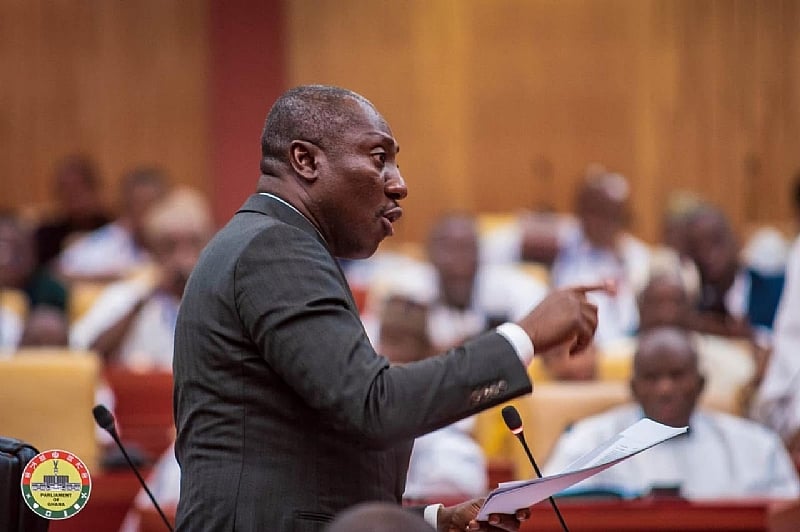The erosion of public trust in the political class is a growing concern, fueled by the escalating trend of retaliatory politics. This practice, where political parties target opponents when in power, is creating an environment of suspicion and cynicism among the citizenry. Both the New Patriotic Party (NPP) and the National Democratic Congress (NDC) in Ghana have engaged in such actions, creating a perception of political vendetta rather than genuine governance. This pattern is not only damaging to the political landscape but also undermines the very foundation of democratic principles. The public’s growing weariness of this behavior suggests a need for a significant shift in political conduct, prioritizing national interests over partisan gains.
The perception that weakening political opponents guarantees a longer stay in power is a flawed and dangerous one. This misguided belief fuels the cycle of retaliatory politics, encouraging parties to prioritize undermining their rivals over addressing the needs of the people. Such a strategy ultimately backfires, eroding public confidence and creating instability. The focus should be on building a strong and resilient democracy through constructive dialogue and policy-making, not on dismantling the opposition. A healthy democracy thrives on the presence of a robust and respected opposition, capable of holding the ruling party accountable and contributing to national development.
Recent remarks from Dennis Miracles Aboagye, Communications Director for the NPP’s 2024 flagbearer campaign, exemplify this concerning trend. Mr. Aboagye suggested that a future NPP government would remove the seven new Supreme Court justices appointed by President John Mahama. This statement has been met with criticism, with many interpreting it as a blatant act of political revenge. Such actions not only undermine the independence of the judiciary but also further deepen the public’s distrust of political motivations. Removing justices based on political affiliation, rather than on merit or misconduct, sets a dangerous precedent, jeopardizing the integrity of the judicial system.
Alexander Afenyo-Markin, Minority Leader in Parliament and MP for Effutu, has publicly cautioned against this type of retaliatory politics. He argues that such actions are detrimental to the nation’s progress and erode public trust in the political system. While acknowledging that individuals may express views born out of frustration or pain, he emphasizes that retaliatory measures are not the solution. He advocates for a more constructive approach, urging politicians to rise above partisan interests and prioritize the welfare of the nation. His call for an end to retaliatory politics resonates with the growing public sentiment against this destructive practice.
Mr. Afenyo-Markin’s rejection of the proposed removal of the Supreme Court justices highlights the importance of preserving the integrity of the judiciary. He understands that such an action would not only be perceived as vindictive but would also set a perilous precedent for future administrations. The judiciary must remain independent and impartial, free from political interference. Any attempt to manipulate or control the judiciary for political gain undermines the rule of law and erodes the very fabric of democracy.
The growing concern over retaliatory politics necessitates a fundamental shift in the way political parties operate. The focus must shift from undermining opponents to engaging in constructive dialogue, policy-making, and national development. This requires a commitment to respecting democratic principles, upholding the rule of law, and prioritizing the needs of the people. Only through such a transformation can public trust be restored and the nation’s democratic institutions strengthened. The future of Ghanaian democracy depends on the ability of its political leaders to transcend partisan politics and work together for the common good. The call for an end to retaliatory politics is not just a plea for civility but a crucial step towards building a more just and equitable society.














